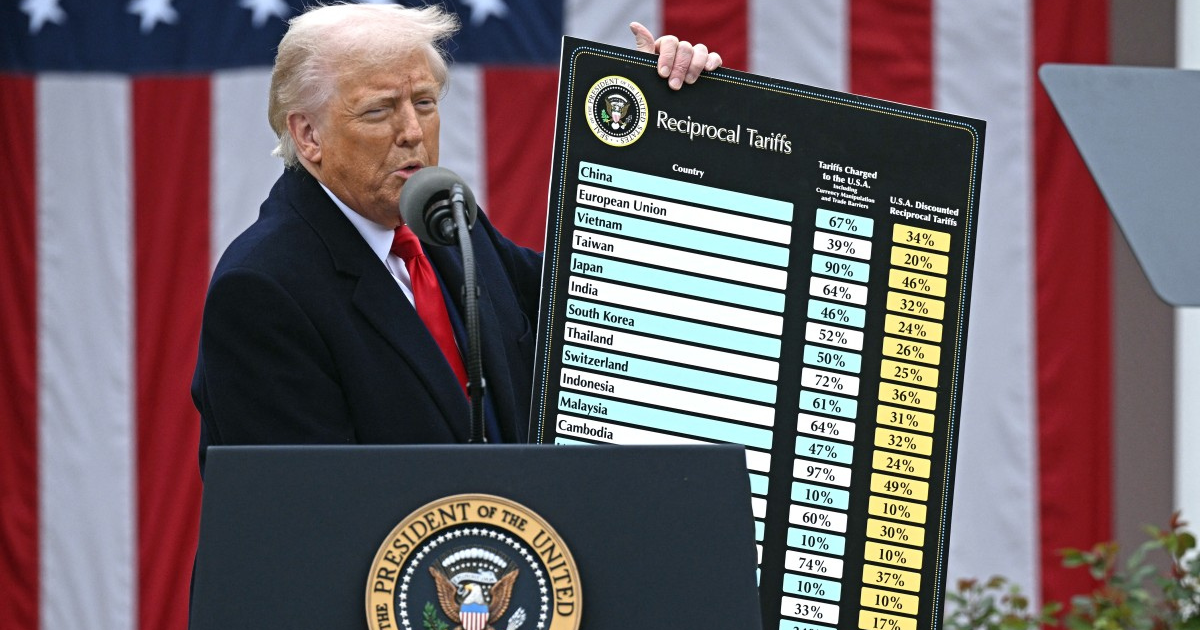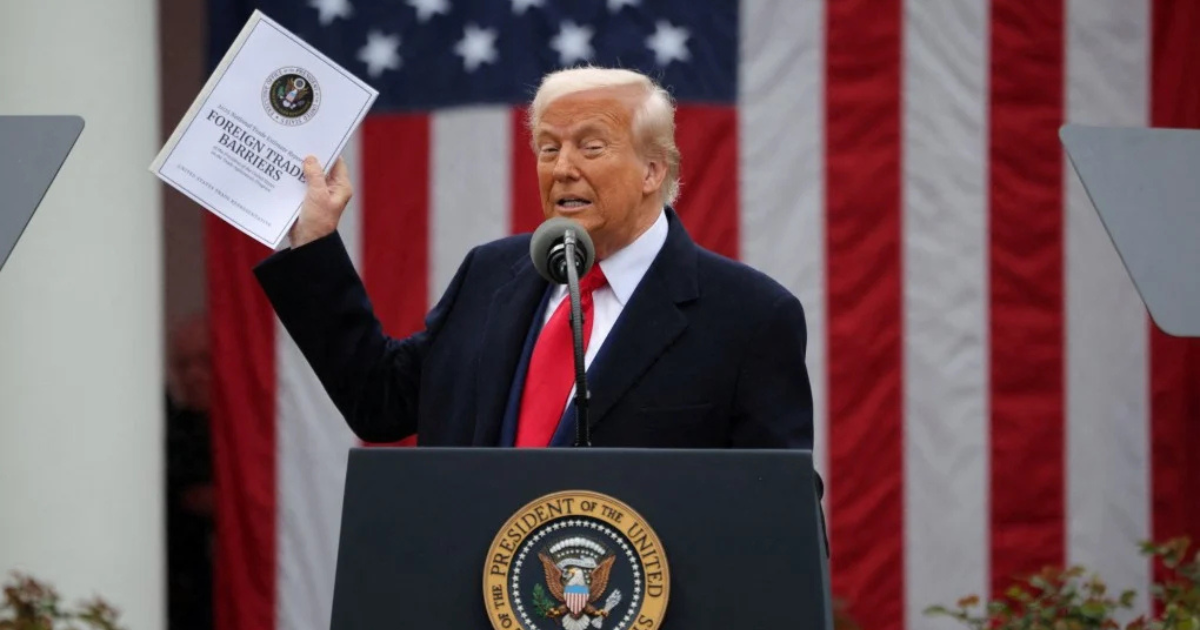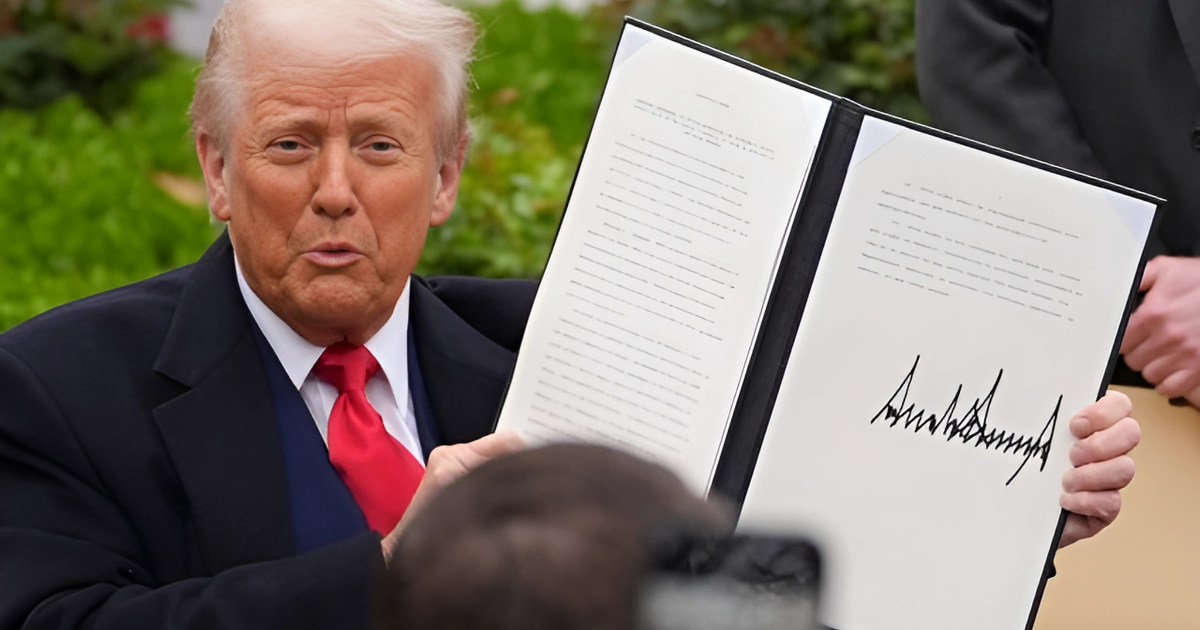President Donald Trump has begun to roll back old order markets with his new Trump Global Tariffs Crypto imports. The economic policies suggested above will change the trade status of the world and perhaps will have a definite impact on the cryptocurrency circles. With that being said, let us see how Trump’s tariff strategy has unexpected impacts on the crypto market.
Key-Takeaways:
- Trump Global Tariffs Crypto of at least 10 percent on the imports, according to Trump, could create inflation and economic uncertainty, which will make cryptocurrencies hedge assets.
- This may cause higher tariffs on countries such as China (54%), Cambodia (49%), Vietnam (46%) to disrupt supply chains and raise costs, bringing businesses to blockchain-based trade solutions.
- The borderless nature of cryptocurrency also makes it advantageous for international transactions in a more difficult trade environment with intensifying tariff barriers.
- How governments go about addressing new financial controls as a result of Trump’s tariff policies will determine whether the regulatory responses to those policies could either speed up or slow down the crypto adoption.
Understanding Trump’s New Tariff Policy
 Only recently, Trump announced a minimum 10 percent tariff for imports to the United States. The rates in some countries, however, are much more substantial, with Cambodia (49%), Vietnam (46%), and China (54 total) at the top of the list. America has a 20% tariff on its exports to the European Union.
Only recently, Trump announced a minimum 10 percent tariff for imports to the United States. The rates in some countries, however, are much more substantial, with Cambodia (49%), Vietnam (46%), and China (54 total) at the top of the list. America has a 20% tariff on its exports to the European Union.
For its part, the president says that these tariffs will help American-made goods and also reduce the trade deficits. Based on Trump’s administration calculating to eliminate trade deficits with each country, these rates are being computed. It represents one of the most radical shifts in globalization in decades.
These announcements have already sent out a strong reaction in traditional markets. Investors are adjusting to this new reality and have extended losses for global stock indices. But some economists warn that these tariffs could add to the risk of recession of around 50%.
The inevitable higher prices on imported goods are passed on to consumers. The prices of one thing — from vehicles to electronics — would rise. The economic uncertainty could mean that these price increases are likely to cause consumers to turn to other things of value.
Crypto as a Hedge Against Tariff Inflation
 Global tariffs could prove to be a benefit for industry due to the economic uncertainty brought on by tariffs in world cryptocurrency markets. Previous economic downturns have always led to getting more returns on Bitcoin and other digital assets. Crypto is commonly used as a hedge when the traditional markets implode.
Global tariffs could prove to be a benefit for industry due to the economic uncertainty brought on by tariffs in world cryptocurrency markets. Previous economic downturns have always led to getting more returns on Bitcoin and other digital assets. Crypto is commonly used as a hedge when the traditional markets implode.
Tariffs could lead to potential inflation, which could make Bitcoin’s fixed supply more attractive. As the cost of imported goods rises, interest in inflation-resistant assets generally rises.
New tariff hurdles faced by international businesses may increasingly lean toward blockchain solutions. The good thing about cryptocurrencies is they are efficient cross-border payment options that circumvent the traditional banking systems. New tariff pressures could help these companies to optimize their operations on these digital payment rails.
There is a possibility for accelerated blockchain-based trade finance platforms adoption. If there are traditional trade problems, these systems can make international transactions less problematical and therefore can lower the friction in such transactions. New tariff requirements can be automatically compiled using smart contracts, and the cost of administration is lowered.
Regulatory Response and Compliance Challenges
 In response to tariffs, governments can choose to increase concentration of financing and control by government institutions. A well-defined implementation of this regulatory environment could either prohibit or stimulate the adoption of crypto. With Transactional Instruments USA. Nations are reacting to new trade realities in response; the cryptocurrency businesses should get ready for potential regulatory shifts.
In response to tariffs, governments can choose to increase concentration of financing and control by government institutions. A well-defined implementation of this regulatory environment could either prohibit or stimulate the adoption of crypto. With Transactional Instruments USA. Nations are reacting to new trade realities in response; the cryptocurrency businesses should get ready for potential regulatory shifts.
Cross-border crypto transactions may have very short lifespans when it comes to compliance requirements. The regulating laws are continuously changing, especially in this space, so companies engaging in it ought to be alerted. However, the digital asset compliance strategy can face the opportunity and challenge of the tariff landscape that will emerge.
Conclusion: Trump Global Tariffs Crypto
The Trump Global Tariffs Crypto initiative represents a major transformation in global trade dynamics. These changes will not bypass the cryptocurrency market. During international trade tensions, digital assets might provide new use cases and growth opportunities for the digital assets. They are already positioning themselves accordingly, and savvy investors and businesses are busy doing exactly that. There exists an intersection between traditional economic policy and the digital asset markets that one would do well to pay attention to.










